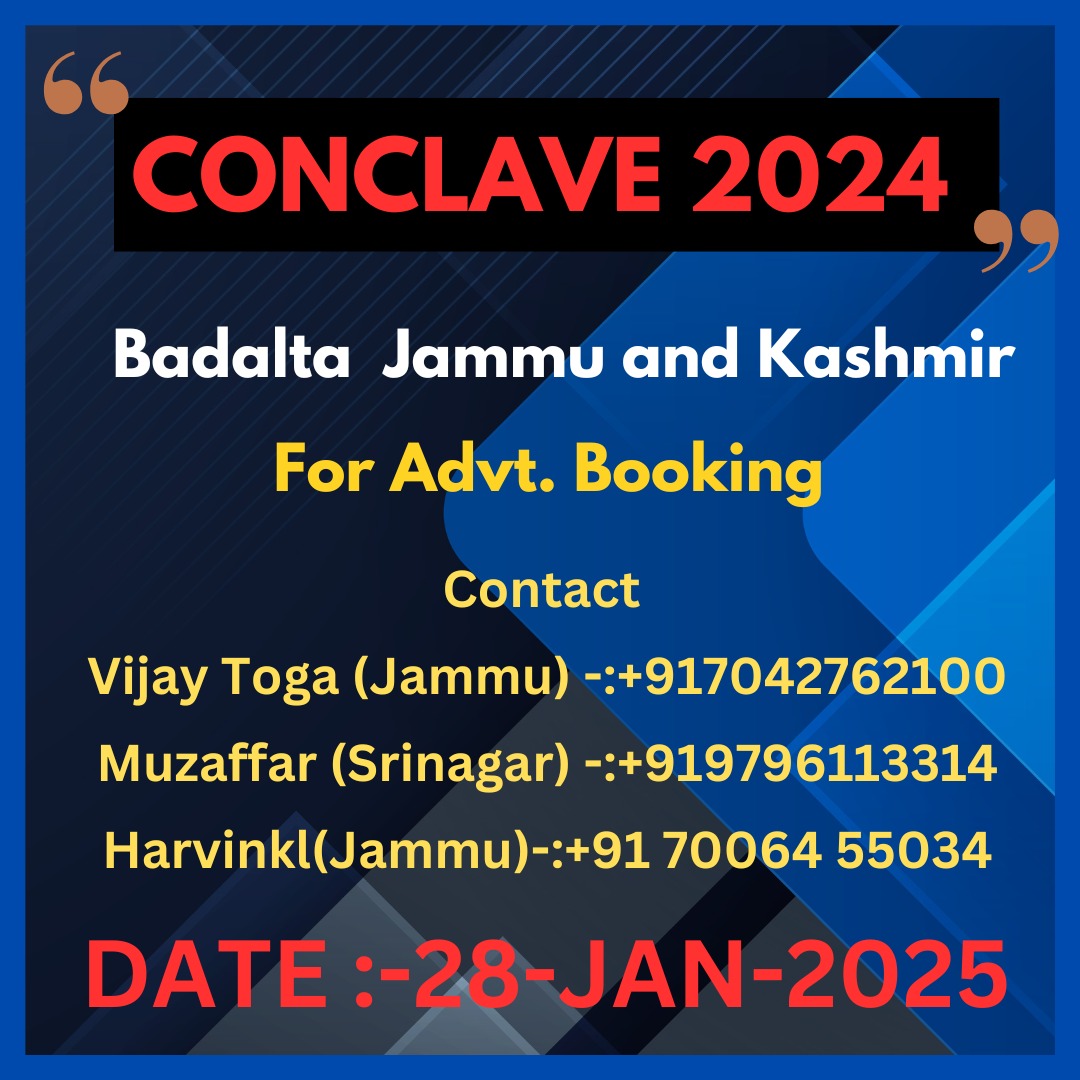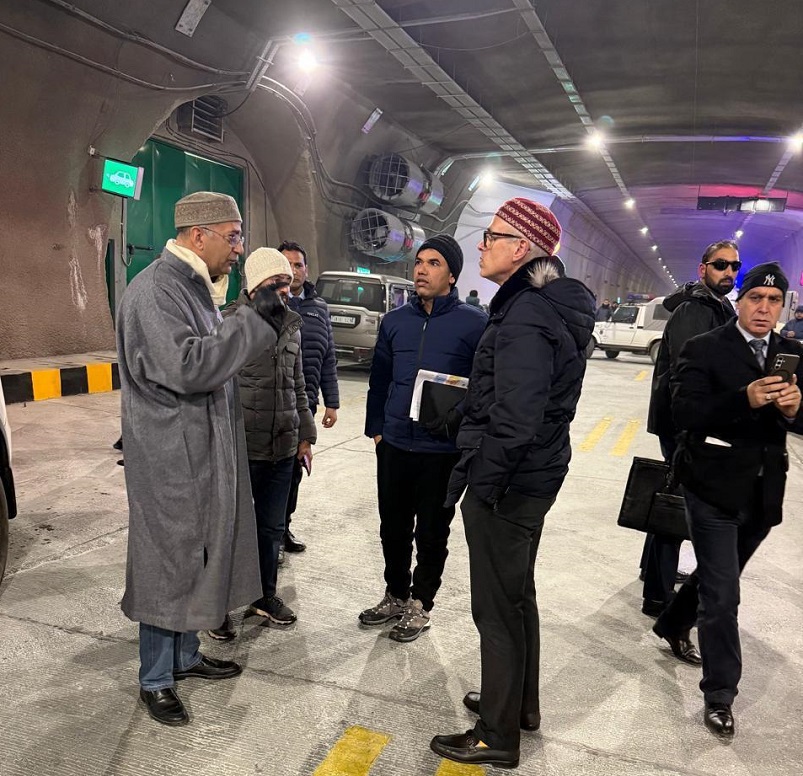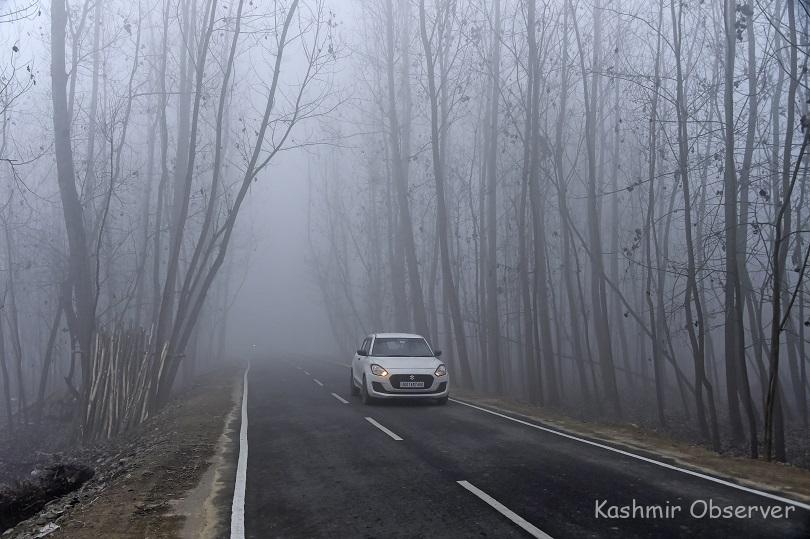The NCERT Class 11 Political Science textbook has been revised by its authors, who have removed a paragraph discussing the conditional accession of Jammu and Kashmir to the Union of India in 1947.
The previous edition of the textbook mentioned that the accession of Jammu and Kashmir was based on a promise to protect its autonomy under Article 370 of the Constitution.
However, the revised version of the textbook’s 10th chapter titled “Philosophy of the Constitution” does not include any reference to the conditional accession of Jammu and Kashmir.
The authors of the textbook have also removed the reference to Maulana Abul Kalam Azad from the first chapter.
Reference to J&K accession tweaked in NCERT textbook
It is important to note that Article 370 was abrogated by the Government of India on August 5, 2019, and the state of Jammu and Kashmir was bifurcated into two union territories, Jammu and Kashmir with a legislature, and Ladakh.
The old version of the textbook said that the Constituent Assembly had eight major committees on different subjects, usually headed by Jawaharlal Nehru, Rajendra Prasad, Sardar Patel, Maulana Azad or Ambedkar.
Despite their differing opinions on various issues, they cooperated effectively. Ambedkar was critical of the Congress and Gandhi, accusing them of neglecting the Scheduled Castes, while Patel and Nehru had disagreements. However, the new edition of the textbook only mentions that the committees were usually headed by Nehru, Prasad, Patel or Ambedkar.
Maulana Abul Kalam Azad, a prominent member of the Indian National Congress, was elected Congress President twice, in 1923 and 1940. He served as the first Education Minister of independent India. In 1992, Azad was posthumously awarded the Bharat Ratna, India’s highest civilian honour.
These omissions are a series that have been unearthed after the NCERT has ‘rationalised’ the school syllabus to compensate for time lost due to the COVID-19 pandemic.
While the autonomous organisation had reported some of these omissions and deletions, it had kept others under wraps. These included dropping content on the Mughals and the 2002 Gujarat riots from the Class XII history books and certain portions on Mahatma Gandhi.
On April 5, reacting to the controversy about the NCERT surreptitiously dropping some content, its director Dinesh Saklani said: “Possible oversight, no ill intention.” He also said the changes will not be rolled back.
Now, The Hindu reports that the decision to remove the reference to Azad from the first chapter of the old Class 11 political science textbook “Indian Constitution at Work”, and J&K’s autonomous status, mentioned in chapter 10 of the same textbook, was also kept out of public domain.
According to the report, in the old textbook, the paragraph about J&K said: “For example, the accession of Jammu and Kashmir to the Indian union was based on a commitment to safeguard its autonomy under Article 370 of the Constitution.
Congress targeted the government
At the same time, while addressing a press conference at the Congress headquarters regarding this issue, Congress spokesperson Anshul Avijit said that this is an attempt by the government to rewrite history and impose a false, distorted legacy on the new generation.
Avijit said that I strongly condemn it. Maulana Azad was the first education minister of India and look at the irony that the education minister who laid the foundation for universal compulsory education for people below the age of 14 years has been erased from the books. This is absolutely shameful.
Truncation happened during syllabus rationalization: Saklani
Citing overlapping and irrelevant reasons, the NCERT, in its syllabus rationalization last year, dropped certain portions from its textbooks, including episodes and references to Gujarat riots, Mughal courts, Emergency, Cold War, lessons from the Naxalite movement, etc.
NCERT Director Dinesh Saklani denied
There was no mention of any change in the Class 11 Political Science textbook in the rationalization note. However, NCERT Director Dinesh Saklani has claimed that there has been no cut in the syllabus this year and the syllabus was rationalized in June last year.









